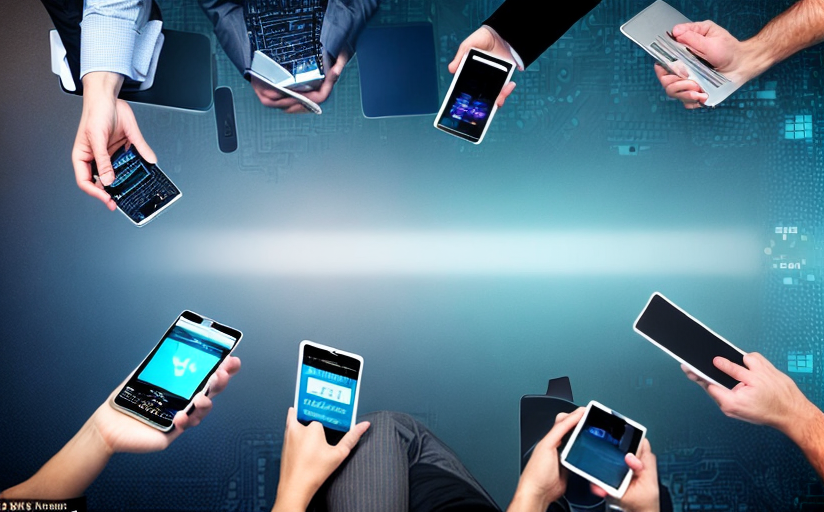The Impact of Digital Devices on Mental Health
In the digital age, smartphones, tablets, and computers have become integral parts of our lives. These devices offer many benefits, such as improving communication, acquiring knowledge, and developing technological skills. However, they also pose potential risks to our mental health, including addiction, stress, and sleep disturbances. This article aims to explore the effects of digital devices on mental health, providing an in-depth analysis supported by relevant studies and research.
Negative Impacts of Digital Devices
Addiction
Excessive use of digital devices can lead to addiction. According to a study published in the Journal of Addiction Medicine, problematic smartphone use resembles behavioral addiction, with symptoms like excessive use, withdrawal, and negative life consequences.
Stress
Increased use of digital technology can also lead to stress or technostress. A survey conducted by the American Psychological Association found that constant checkers - people who check their emails, texts, and social media accounts on a constant basis - report higher stress levels than those who do not.
Sleep Disturbances
Research has shown that exposure to blue light emitted by screens of digital devices can disrupt the sleep-wake cycle and lead to sleep disturbances. A study in the Journal of the National Sleep Foundation found that nighttime exposure to blue light makes it harder to fall asleep and diminishes the quality of sleep.
Positive Impacts of Digital Devices
Improved Communication
Digital devices have revolutionized how we communicate. They have enabled instant communication and fostered connections among people who would have otherwise been unreachable. Consequently, this has contributed to the improvement of both personal and professional relationships.
Knowledge Acquisition
The Internet has turned the world into a global classroom. With a click, one can access a vast amount of information, educational content, and online courses. This has elevated learning and facilitated self-improvement.
Technological Skills
Use of digital devices helps in developing technological skills. In the 21st century, these skills are crucial for personal development and secure employment in numerous fields.
Strategies for Healthier Use of Digital Devices
It is essential to strike a balance in the use of digital devices. Some strategies include setting time limits, taking regular breaks, ensuring proper posture, and avoiding screens for at least an hour before sleep. Further, practicing mindful use of technology can help in reducing dependence and protecting mental health.
Conclusion
The impact of digital devices on mental health is twofold. On one hand, they offer countless benefits improving our communication abilities, expanding knowledge, and providing proficiency in tech skills. However, there can be mental health consequences if these devices are used excessively or incorrectly. As such, it is paramount to cultivate mindful and balanced habits when using these devices.


















Comments
Leave a Comment